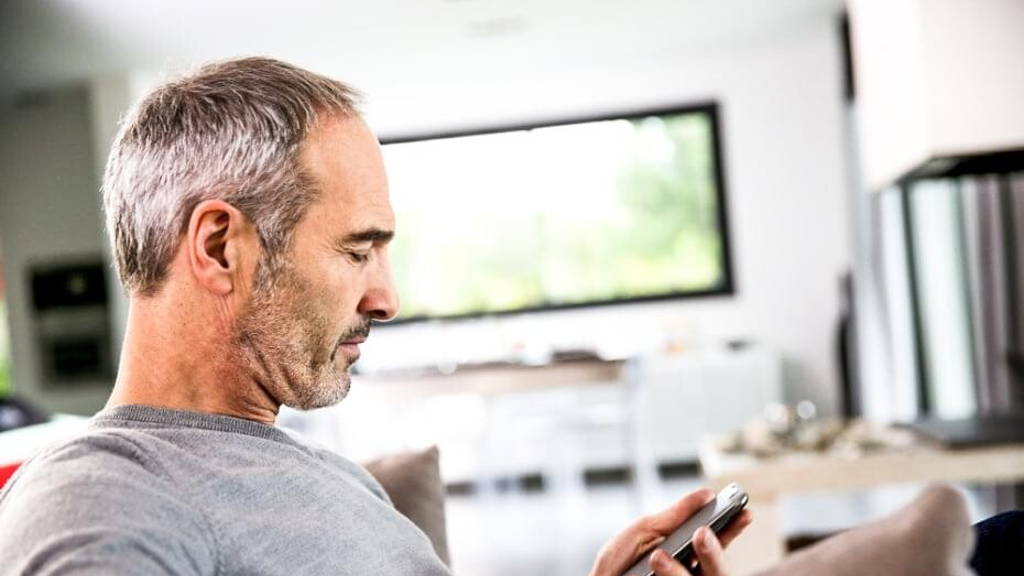The 5 trends in a nutshell: startups are: the traditional middle man between patients and healthcare providers is being removed trough startups that connect both ends through digital market places ; digital technology is adopted more and more bij senior citizens, voice recognition technology is the way forward, technology needs a human touch to change patient behaviour, remote care is increasingly offered and needed.
Traditionally patients contacted an agency to find a caregiver, but online and digital companies are disrupting this model by removing the middle man. Start-ups like Honor and CareLinx offer online marketplaces that connect patients directly with service providers.
Older people are resisting screens less and less and are adopting technology in increasing numbers. Pew Research Center states 79 percent of people between 50 and 64 go online every day. The rate for people 65 and older is 71 percent, up from 58 percent in 2010. Elderly are now adopting digital devices like Fitbits, Jawbones and Misfit Shines. The most successful products will be designed for those who have less than perfect vision, like user friendly products with big font and simple visuals.
Hands-free voice recognition devices like Apple’s Siri and Amazon Echo’s Alexa will be the real killer health apps for seniors, Holtzman stated. When you can say ‘Computer I took my medication,’ or, ‘Computer order my meds,’ that’s a lot easier than having to pass that on by means of a message.
Patient behaviour is more likely to change if a human being is involved. An example according to
Holtzman is Omada Health’s diabetes management program. In this program a health coach works in tandem with digital tracking systems to monitor diet, exercise and medicines. As the patient tracks daily habits, the coach offers support and recommendations.
An increasing number of physicians offer patients remote care by means of online video appointments or email consultations. Telemedicine will expand both in rural communities and among patients who have physical limitations that make it difficult to travel.
Trend 1:
Ease of Hiring CaregiversTraditionally patients contacted an agency to find a caregiver, but online and digital companies are disrupting this model by removing the middle man. Start-ups like Honor and CareLinx offer online marketplaces that connect patients directly with service providers.
Trend 2:
Technophobia DeclinesOlder people are resisting screens less and less and are adopting technology in increasing numbers. Pew Research Center states 79 percent of people between 50 and 64 go online every day. The rate for people 65 and older is 71 percent, up from 58 percent in 2010. Elderly are now adopting digital devices like Fitbits, Jawbones and Misfit Shines. The most successful products will be designed for those who have less than perfect vision, like user friendly products with big font and simple visuals.
Trend 3:
Siri and Alexa are the FutureHands-free voice recognition devices like Apple’s Siri and Amazon Echo’s Alexa will be the real killer health apps for seniors, Holtzman stated. When you can say ‘Computer I took my medication,’ or, ‘Computer order my meds,’ that’s a lot easier than having to pass that on by means of a message.
Trend 4:
Technology needs humansPatient behaviour is more likely to change if a human being is involved. An example according to
Holtzman is Omada Health’s diabetes management program. In this program a health coach works in tandem with digital tracking systems to monitor diet, exercise and medicines. As the patient tracks daily habits, the coach offers support and recommendations.
Trend 5:
TelemedicineAn increasing number of physicians offer patients remote care by means of online video appointments or email consultations. Telemedicine will expand both in rural communities and among patients who have physical limitations that make it difficult to travel.






